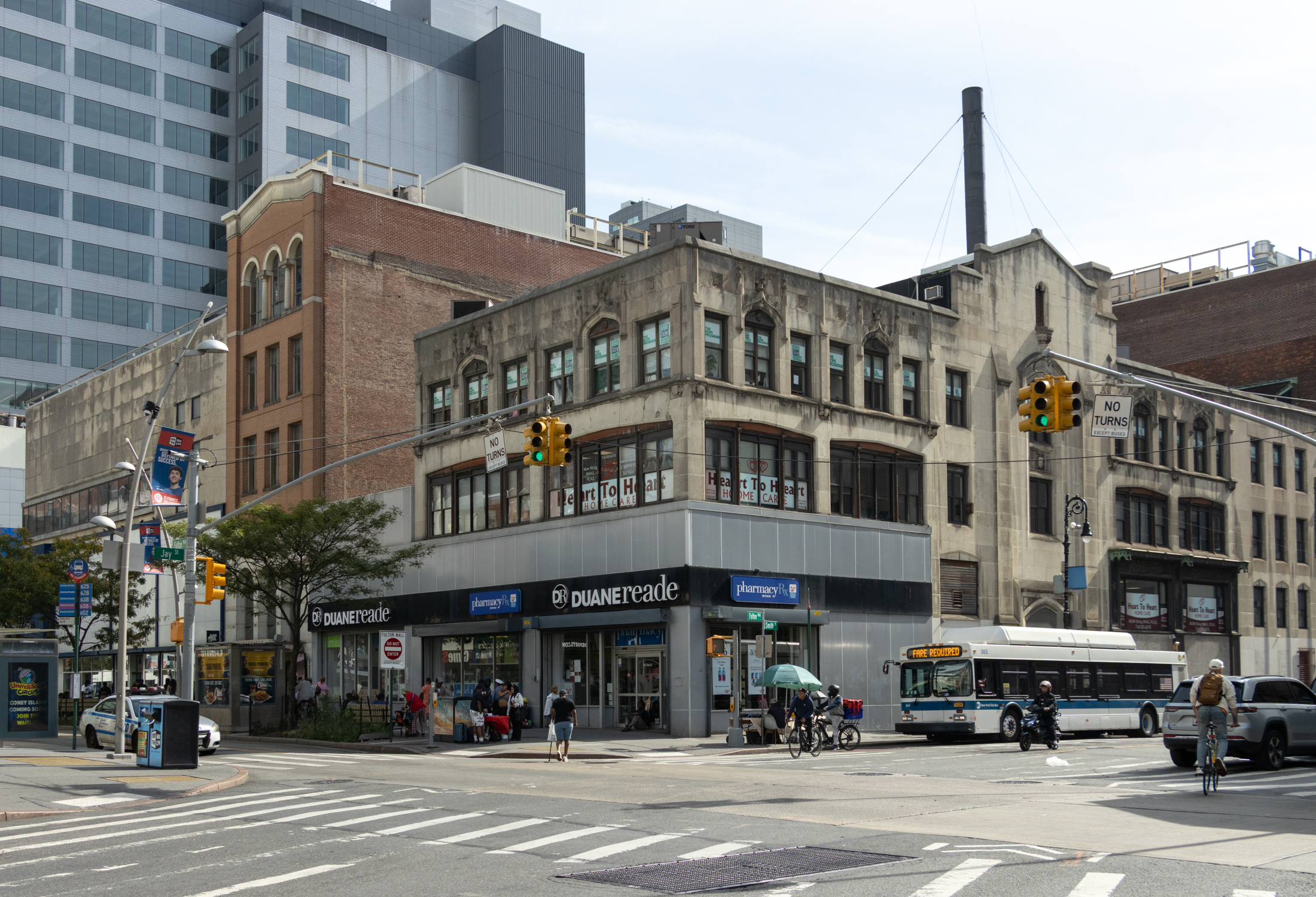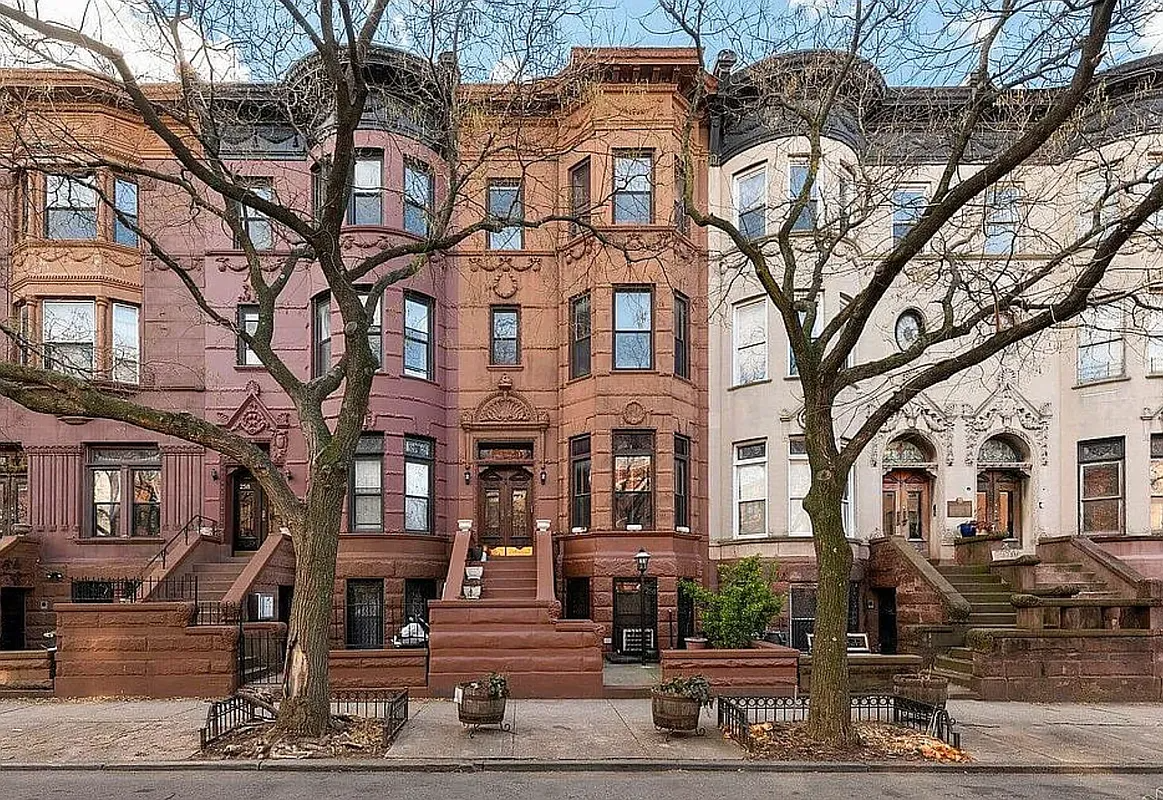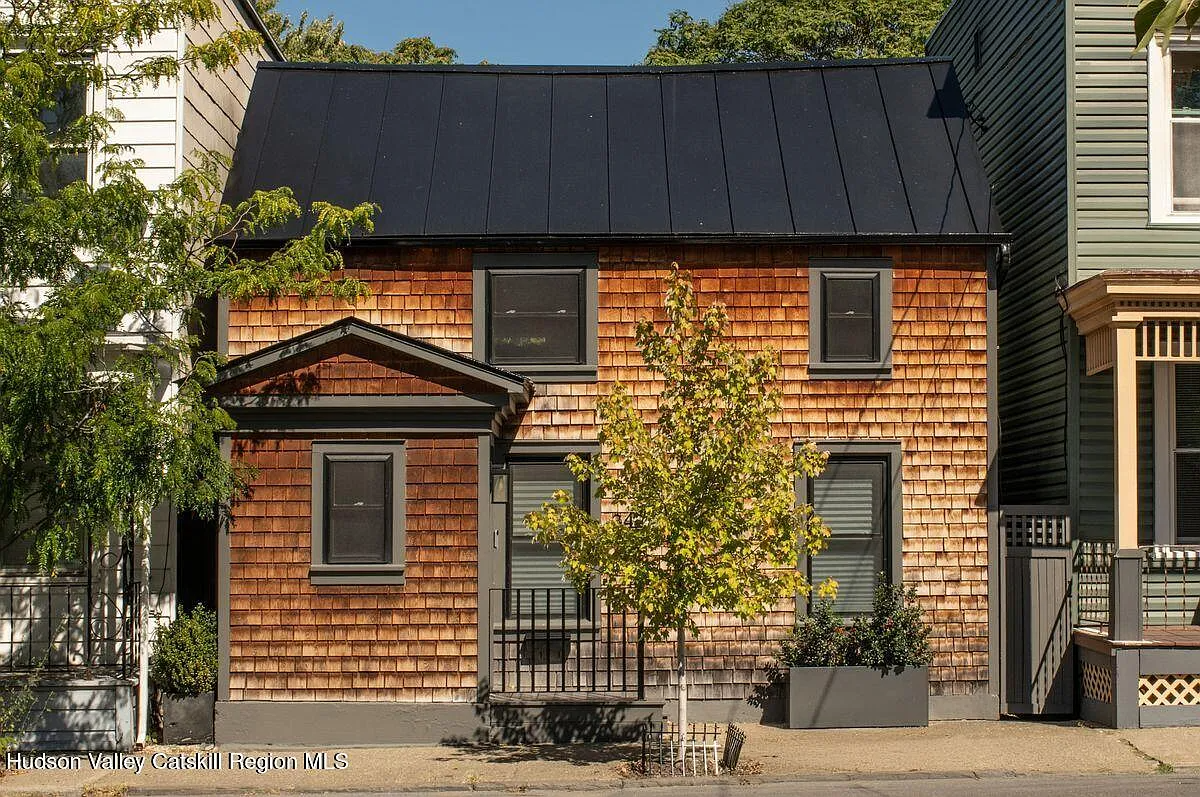Furman Center's State of the City Report: Brooklyn
The Furman Center has just released its State of the City Report for 2008, and there’s some interesting data about how Brooklyn’s residents and housing stock are faring: Housing indicators suggest that the Brooklyn housing market fared relatively well through 2007. In Brooklyn, the only housing type to experience a drop in prices in 2007…


The Furman Center has just released its State of the City Report for 2008, and there’s some interesting data about how Brooklyn’s residents and housing stock are faring:
Housing indicators suggest that the Brooklyn housing market fared relatively well through 2007. In Brooklyn, the only housing type to experience a drop in prices in 2007 was 24 family buildings. Brooklyn has the City’s second most expensive single-family housing stock. Brooklyn was one of only two boroughs to see a rise in new residential building permits in 2007. Home ownership in Brooklyn declined slightly from 32.3% in 2006 to 30.6% in 2007.
Despite its resilience in 2007, Brooklyn may not be immune to the effects of the housing market downturn in the coming years. Lending and foreclosure trends in Brooklyn are much the same as in the rest of the City: the borough experienced declines in all lending activities and increases in notices of foreclosure. Brooklyn had the second highest foreclosure rate of all the boroughs, with 22.4 notices of foreclosure per 1,000 14 family properties in 2007. Brooklyn also had the second highest rate of serious housing code violations: 61.4 per 1,000 rental units.
Here’s one interesting tibit we picked up: Only 17 percent of the housing stock in Greenpoint and Williamsburg is owner-occupied while in Fort Greene and Brooklyn Heights it’s more than 40 percent. Lots of other stats in the Brooklyn section of the report.





My apartment rented for $1800 a month before I bought it in 2006. (Our co-op allows renting on a case by case basis).
My mortgage AND maintenance is just under $1500 currently.
And that’s not factoring in the interest deduction.
“(2) Rents equal monthly carrying costs in many areas of brownstone Brooklyn (assuming 10 or 20 percent down).”
Where?
I just thought of another major factor, Finance Guy: Quality of the public schools.
Historically, neighborhoods with public schools with excellent reputations hold their value.
mopar…you forgot Location, Location, Location which is why BH is so much more expensive that Bushwick.
I don’t see how this report sheds any light on the Bear vs. Bull argument of a 20 percent vs. 50 percent drop one way or the other.
“In a market economy, the equilibrium price of a commodity should be equal to (1) the marginal cost to produce it (i.e., the cheapest of the cost of construction or conversion) and (2) the marginal cost of alternatives (i.e., renting) and (3) for investments, the risk-adjusted future value of the income that can be earned from it (i.e., rents, or for owner occupied housing, implicit rents).
Each of those measures suggests that NY real estate prices are roughly double equilibrium values.”
Finance Guy, I don’t understand your conclusion. Based on the three things you mention here, much of Brooklyn is already more or less at the “equilibrium price.”
(1) If you add the cost of land together with the cost of construction, new townhouses cost about $700,000 in NYC.
(2) Rents equal monthly carrying costs in many areas of brownstone Brooklyn (assuming 10 or 20 percent down).
(3) Same as No. 2.
In addition, aren’t there a zillion other factors as well, many of which have been discussed on this board at length, such as the future cost of increasing rents, the somewhat more finite nature of housing here vs in exurbia, appreciation if you hold for a long time and sell in an up market, etc.?
benson has the most rational analysis of the data. Period.
The premise that the more radical of Team bear members believes is that Wall Street will never recover. Equity markets, both primary and secondary, remain becalmed but
corporate bond issuance has surged, M&A is re-emerging (see recent Merck/Schering Plough deal) and there are loads of corporate restructurings to advise on which generate
juicy advisory fees and, often, secondary equity issues where fees have ballooned. This may explain why the New York investment banks have so dramatically outperformed both the S&P and the Banking index in recent months. Nothing reinvents itself faster than this type of business. Additionally, the fees right now for equity or bond placements are HUGE because most of the competition is gone (Bear Stears, Lehman, Merril, etc).
11217 re NY income: I don’t think so. The increases in base salaries are likely to be far less than the decreases in bonuses. And in any event, the number of highly paid jobs is contracting rather significantly.
If this happens, wouldn’t the average income in NYC increase quite a bit?
^
March 12 (Bloomberg) — Wall Street employees’ base salaries may double as bonuses, which can account for the bulk of pay for bankers and traders, shrink, said Alan Johnson, who runs a compensation consulting firm.
Base salaries have ranged from about $80,000 to $300,000, with bonuses often climbing into the millions of dollars, Johnson said. Now, he says employees who received $250,000 in base salary may get an increase to $500,000 or $600,000.
“Regulators are either requiring it or imploring people to do it,†said Johnson, founder of New York-based Johnson Associates. “Their belief is that part of the reason that firms got in trouble was they had an excessive focus on bonuses because salaries were too low to live on.â€
Bonuses will continue to retreat in 2009, extending the decline from last year, Johnson estimated. In a presentation he gave March 3 to the Wall Street Compensation and Benefits Association, Johnson predicted that incentive compensation will fall about 20 percent from 2008 levels because of weak business fundamentals.